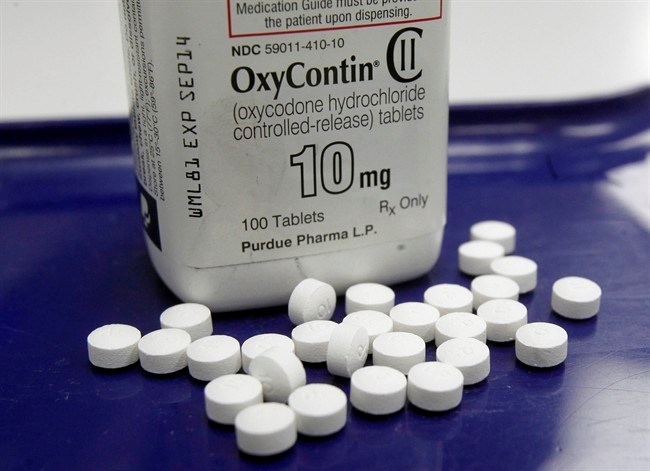A new app to help prevent drug overdoses is being launched in B.C.
Spurred by an alarming number of overdose deaths tied to illicit drug use, the Provincial Health Services Authority and the B.C government are encouraging drug users to download the Lifeguard app to their phones or tablets to protect them by providing an automatic link to emergency services during times when they are actually using drugs.
Launched last month, the app is designed to be activated by the user just before they take their dose and 50 seconds after activation an alarm will be triggered. If the user fails to stop the alarm by hitting a button on the screen the alarm gets louder. If, after 75 seconds, the alarm is not deactivated, a test-to-voice call will be sent to a 9-1-1 dispatcher warning of a suspected overdose and emergency responders will be sent to the scene.
Lifeguard is expected to be especially helpful to people who are by themselves when they use drugs.
“The launch of this new resource couldn’t have come at a better time,” said Judy Darcy, Minister of Mental Health and Addictions, in a government release. “As we face down two public health emergencies – the overdose crisis and the COVID-19 pandemic – we must ensure that people who use drugs have the resources they need, when and where they need them.
“Knowing that the majority of people who use drugs use alone in shelters, hotels, or at home, in addition to the challenges of physical distancing, the Lifeguard app is a new and innovative approach that can directly link people to emergency responders if an overdose does occur.”
In May, 170 people in B.C. died as a result of drug overdoses, the highest monthly death toll ever recorded in the province, an average of 5.5 deaths per day.
The app is being considered an essential tool as part of the province’s Overdose Emergency Response Centre’s strategy to combat the opioid crisis. It’s taken two years to develop the made-in-BC Lifeguard app.
“This is a tool that specifically supports those who are most at risk of overdose death – people who use alone,” said Susan Wannamaker, PHSA’s executive vice president of Clinical Service Delivery. “PHSA is working hard with all our harm reduction experts and partners in government and regional health authorities to identify and implement innovative solutions to reduce the heartbreaking loss of life caused by this ongoing crisis.”
The province is encouraging those who use drugs to so with a friend or go to a supervised consumption site where available to lessen the risk of overdosing.
“BC Ambulance paramedics and their firefighter first responder partners are often first on the scene when people overdose alone, and they see the devastating impact, so that’s why we said an enthusiastic yes to testing out this app during the past two years,” said BCEHS project lead Neil Lilley.
People who use drugs are encouraged to use with a friend and to use overdose prevention services and supervised consumption sites where they are available.
The Lifeguard app can be downloaded at both the App Store and Google Play.



